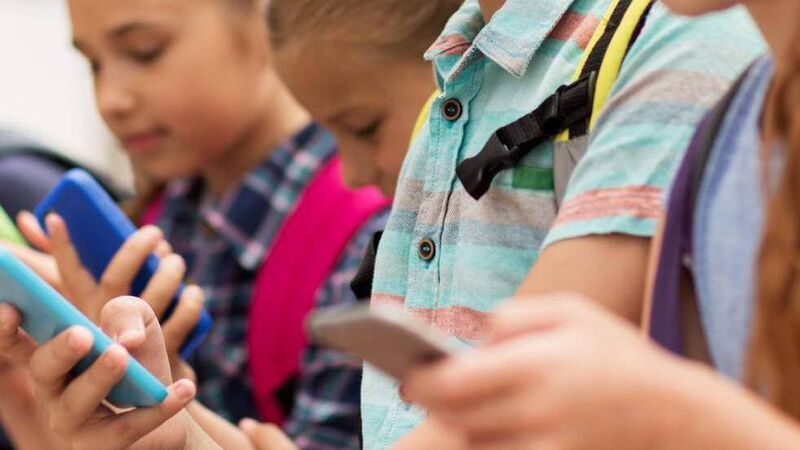'Big buy-in' from parents for Waterford schools' smartphone ban

In addition to cyberbullying, Portlaw National School principal Brian Barron said children were viewing violent and sexualised content and accessing troubling advice online through smartphones.
Online groups in which primary school-age children get tips on eating disorders and self-harming might be on the less common end of the scale for smartphone use, but it is a reality nonetheless.
That, along with rampant cyberbullying and excessive screen time, led to two Waterford principals spearheading an ambitious charter which saw every primary school in the county ask parents to not buy smartphones for their children, becoming the first county to do so.










